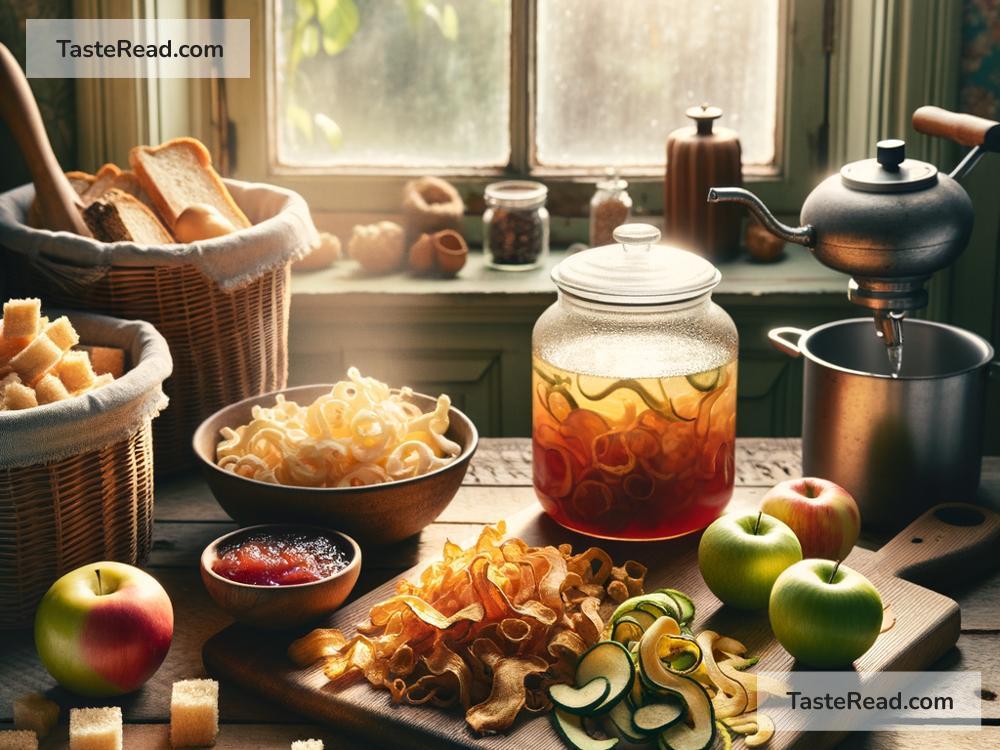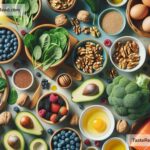Foods for Reducing Food Waste: How to Eat Better and Waste Less
Food waste is a big problem all over the world. Tons of perfectly good food end up in the trash every day. This waste harms the environment, wastes resources, and costs money. The good news is that we can all play a part in reducing food waste. One way to do this is by making smart choices about the foods we eat—and how we use them. In this blog, we’ll talk about simple and practical food options and tips to help you waste less while saving money and the planet.
Why Does Food Waste Matter?
Before diving into solutions, let’s talk about why food waste is such a big deal. When food is thrown away, it’s not just the food itself that gets wasted. Farmers, truck drivers, store workers, and many others work hard to grow, transport, and sell that food. Throwing food away also means wasting water, energy, and other resources used to make it. Plus, when food waste ends up in landfills, it breaks down and produces methane—a gas that contributes to climate change.
Eating more thoughtfully helps reduce waste, saves money, and ensures we honor the hard work behind every bite we eat.
Foods and Strategies to Reduce Food Waste
Here are some tips on choosing and using foods that help you waste less:
1. Buy Foods That Last Longer
Certain foods naturally stay fresh longer than others. Stock up on items that are less likely to spoil quickly, such as:
- Root Vegetables: Potatoes, carrots, sweet potatoes, and onions can last weeks or even months when stored properly.
- Canned and Frozen Foods: Canned beans, tomatoes, and fruits or frozen veggies last for months and stay just as nutritious as fresh ones.
- Dry Goods: Rice, pasta, oats, lentils, and flour have long shelf lives and can be stored easily.
Choosing foods that last longer reduces the chances of them going bad before you can eat them.
2. Use “Ugly” Produce
Did you know a lot of fruit and veggies are thrown away just because they don’t look perfect? A crooked carrot or a bruised apple is just as tasty and healthy as a perfect one. Look for “ugly” produce at the store, or consider buying from farms and companies that sell imperfect produce at lower prices. By giving these foods a chance, you help prevent waste and save money.
3. Cook with Leftovers
Many people throw out small amounts of food after meals or leave unused ingredients sitting in the fridge. Instead of tossing leftovers, turn them into new dishes! Here are a few ideas:
- Soup or Stew: Combine leftover veggies, meats, or grains in a pot and make a hearty soup.
- Smoothies: Use ripe fruits and greens to make a refreshing drink before they spoil.
- Stir-Fry: Toss leftover rice, veggies, and protein into a pan for an easy meal.
- Casseroles or Pasta: Add leftover meat or veggies to baked dishes or mix them into pasta for a quick and delicious fix.
With a little creativity, leftovers can become tasty meals.
4. Use Everything
Did you know you can eat more parts of foods than you think? Often, people toss parts like carrot tops, broccoli stems, or potato peels—but these are edible and nutritious! Here are ways to use those “extras”:
- Carrot Tops: Blend them into pesto or use them in salads.
- Broccoli Stems: Slice and use them in stir-fries or soups.
- Potato Peels: Toss them with a little oil and bake for crispy potato skin snacks.
Using all parts of the food not only prevents waste but also maximizes what you get from each item.
5. Plan Ahead
Planning your meals before you shop can help reduce food waste. Make a shopping list and stick to it. If you buy only what you need, you’re less likely to end up with food you can’t use. Consider these tips:
- Check Your Pantry and Fridge: Before shopping, see what you already have.
- Plan Meals in Advance: Write down recipes for the week and buy only the ingredients you need.
- Don’t Overbuy Fresh Foods: Be realistic about how much produce you’ll eat before it spoils.
6. Store Food Properly
Many foods go bad simply because they weren’t stored correctly. Learning how to store food can make a big difference. For example:
- Keep herbs in a jar with water to stay fresh longer.
- Store berries and mushrooms in dry, breathable containers.
- Keep bread in the freezer if you don’t plan to eat it right away.
Proper storage slows down spoiling and helps food stay fresh.
Bonus Tip: Composting
Even if you follow all the tips above, you might still end up with some scraps—like banana peels or eggshells. Instead of throwing them in the trash, compost them! Composting turns food scraps into nutrient-rich soil that helps plants grow. It’s a great way to give back to the earth.
Small Changes Make a Big Difference
Reducing food waste isn’t about being perfect—it’s about making small changes that add up over time. By buying wisely, cooking creatively, and storing food properly, we can all do our part to waste less and save more.
Let’s start today: Eat smarter, waste less, and help make the world a cleaner, greener place.
Happy eating!


